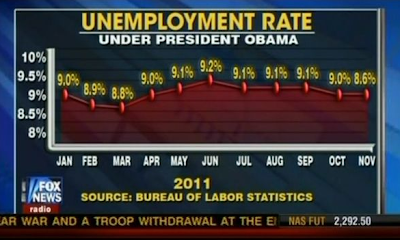http://www.ritholtz.com/blog/2011/11/examining-the-big-lie-how-the-facts-of-the-economic-crisis-stack-up/
Rather than attend a college-level seminar on the complex philosophy of causation, we’ll keep it simple. To assess how blameworthy any factor is regarding the cause of a subsequent event, consider whether that element was 1) proximate 2) statistically valid 3) necessary and sufficient.
Consider the causes cited by those who’ve taken up the big lie. Take for example New York Mayor Michael Bloomberg’s statement that it was Congress that forced banks to make ill-advised loans to people who could not afford them and defaulted in large numbers. He and others claim that caused the crisis. Others have suggested these were to blame: the home mortgage interest deduction, the Community Reinvestment Act of 1977, the 1994 Housing and Urban Development memo, Fannie Mae and Freddie Mac, Rep. Barney Frank (D-Mass.) and homeownership targets set by both the Clinton and Bush administrations.
When an economy booms or busts, money gets misspent, assets rise in prices, fortunes are made. Out of all that comes a set of easy-to-discern facts.


